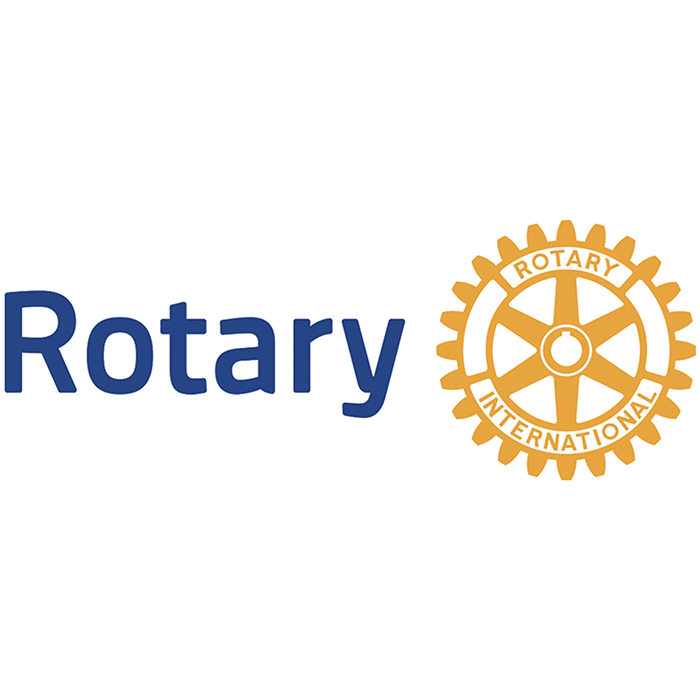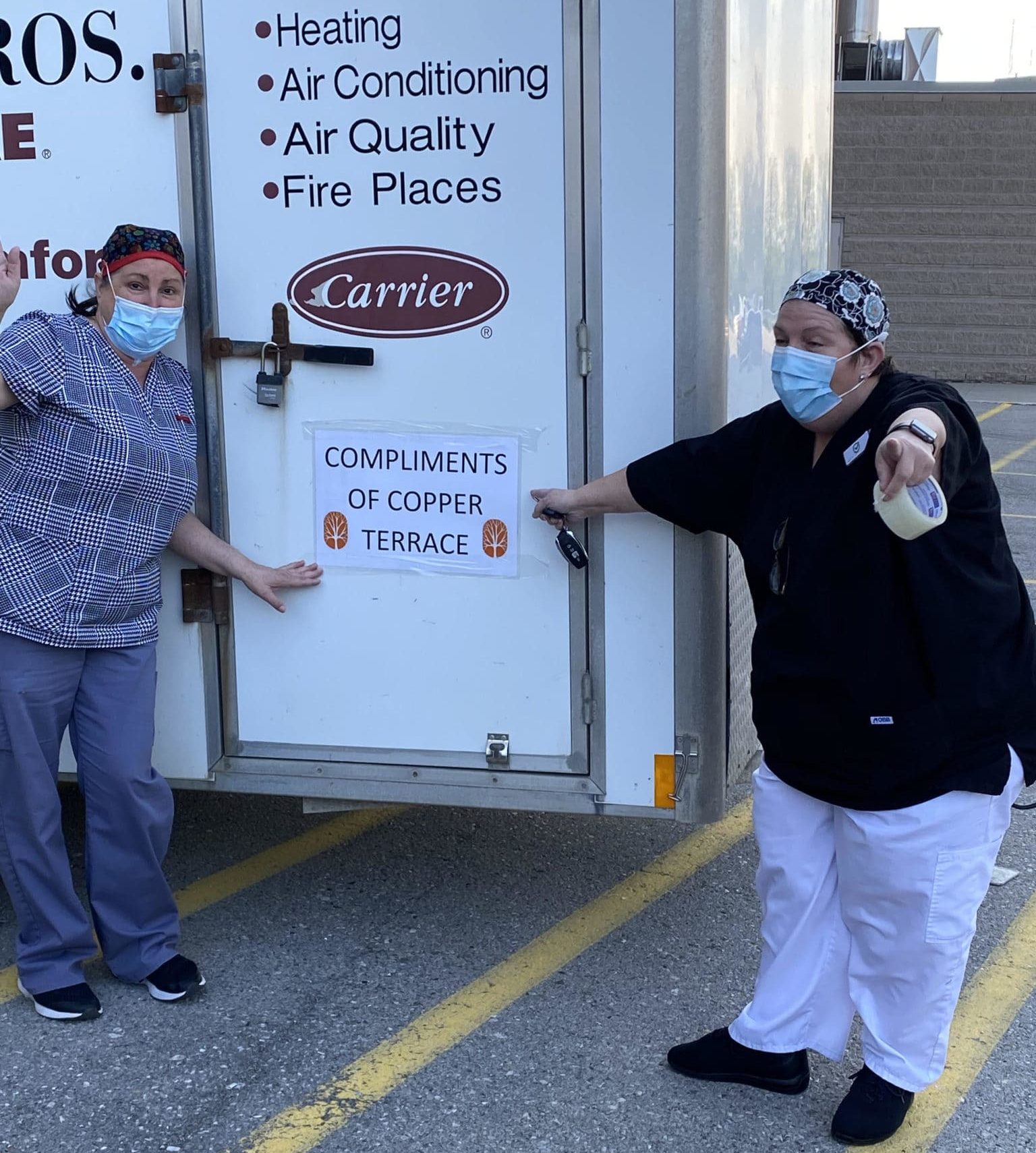
When dignitaries gathered Monday afternoon to mark the beginning of a new era in youth mental health services, many of them were unaware that it began because of the generosity of a woman who sold doughnuts for a living.
Margaret Murphy operated Sunshine Bakery at the William Pitt Hotel and for much of his childhood, Tom Campbell would stop in and buy a doughnut on his way to or from school during the early 1940’s.
Margaret took a liking to the young man who grew up to become a prominent Chatham lawyer and eventually one of her financial advisors.
“She was an amazing woman,” Campbell, now 85 and retired, said of Mrs. Murphy. “She was very practical and down to earth. She invested very wisely.”
“She had inexpensive tastes,” he said. “But she was always dressed immaculately. And she had great doughnuts for a nickel. They were huge, and eventually they jacked them up to a dime but they were still a great deal.”
Mrs. Murphy died in the early 1980s’, predeceased by her husband. The couple had no children and much of the estate was earmarked to be used to help the youth of Chatham.
A sizeable amount went towards local groups including the YMCA, while more than a million found its way to the Downtown Rotary Club.
Tom Storey, club president in 1990, was shocked when approached by Campbell to tell him of the money and the executors’ dilemma as to what to do with it.
“Tom, as one of the executors, approached us and asked what we would do with the money,” he said. “They had waited five years after Mrs. Murphy’s death and were looking for ideas. I believe they spoke with a number of other organizations as well.”
The money continued to grow and in 2003 the club was contacted and informed it would be receiving more than $1 million dollars.
“Diane McGuigan was the president and we formed a committee to figure out what to do,” he said. “This was way beyond the kind of money we were used to dealing with at the club level. It was a different kettle of fish.”
The committee studied the needs of the community and found a huge need for mental health care for young people.
“We found there were 36 different agencies involved in one way or another. We held a meeting and had a tremendous turnout. It was clear there was no single group coordinating things.”
In October of 2004, the committee presented the idea of a pilot project on mental health.
“It was unanimously supported,” Storey said. “It wasn’t the usual service club bricks and mortar project. We took a leap of faith.”
The club worked with Dr. Ranjith Chandrasena and others to develop the TNT (Today Not Tomorrow) program which aims to provide help to youth at the first indication of any psychotic behaviour.
With eventual support from the Erie St. Clair Local Health Integration Network (LHIN) and ongoing support from the club, idea blossomed into the Open Access centre slated to begin operation this September.
“It’s been a real trend setter in Ontario and Canada,” Storey said. “I’m grateful to the members of our club who looked around and saw what was needed and I’m grateful that this project has found its way to what it is and will become.”
As for Mrs. Murphy, Tom Campbell believes she would consider the money well spent.
“She enjoyed giving to children,” he said. “That meant a lot to her.”






